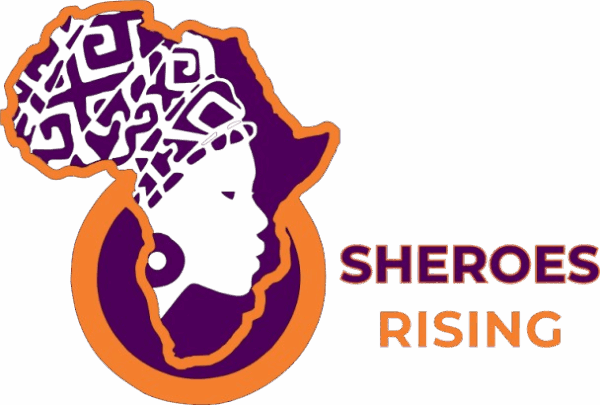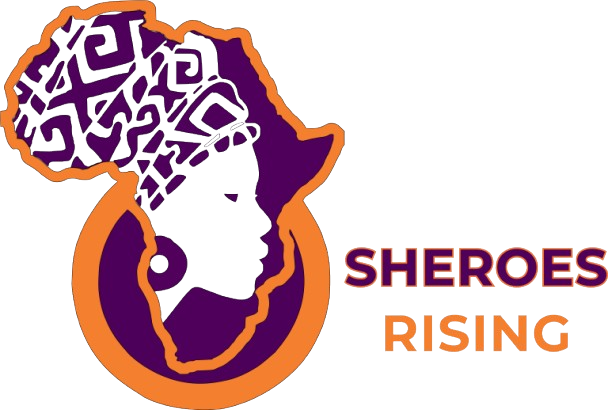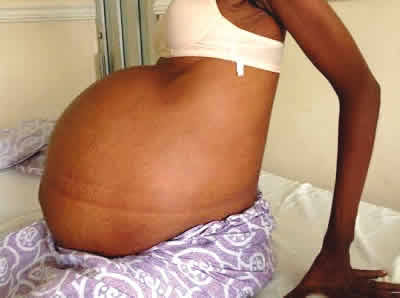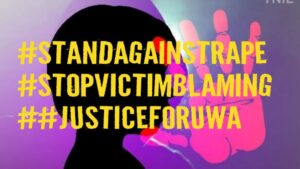When 34-year-old Ojuolape Benson noticed her belly was growing steadily, she brushed it off as middle-age weight gain. But when friends began congratulating her as if she were pregnant and she couldn’t kneel to pray without pain she finally sought help. The diagnosis: large uterine fibroids.
“The remarks from people were unbearable. Strangers would congratulate me on my ‘pregnancy.’ It crushed my self-esteem,” she recalls.
A Quiet Health Crisis
Fibroids are non-cancerous tumours in the uterus that affect millions of women worldwide. Global estimates suggest that between 20 and 80 percent of women will develop fibroids by age 50. In Nigeria, the numbers are particularly striking.
Research across Nigerian teaching hospitals shows that between 14 and 34 percent of women presenting for gynaecological care have fibroids. A landmark study at Abia State University Teaching Hospital reported a prevalence of nearly 27 percent among women aged 15 to 49. These figures are not just statistics. They represent thousands of women silently enduring pain, stigma, and complications that could have been managed earlier with better awareness and access to care.
Knowledge Gaps Amid Awareness
Despite the high prevalence and misconceptions about fibroids remain widespread. In one Lagos study, nearly all women diagnosed with fibroids, 98 percent had of them have never heard of the condition. More than two-thirds believed the cause was spiritual hence delay seeking medical attention, relying instead on prayers, herbs, or unverified remedies. This dangerous blend of lack of awareness and misinformation keeps many women trapped, often seeking help only when the condition has become severe.
When Stigma and Expense Collide
Ojuolape’s story reflects the dual burden of cultural stigma and financial strain faced by many women; fear of surgery and the cost of treatment often delay action. In 2018, she was quoted about N100,000 for surgery. By 2023, when her fibroids had worsened, the price had more than quadrupled. For a woman already battling pain and social stigma, the rising cost was crushing. Some women turn to herbal concoctions or spiritual treatments that offer temporary hope but worsen their condition in the long run.
Dr. Ola Silver a gynaecologist Silver warns:
“They exploit vulnerable women for profit. By the time these women realise the deception, the fibroids have grown even bigger.”
Emerging Solutions: A Story of Hope
The medical landscape is not all bleak; new treatments are beginning to offer hope beyond surgery. Dr. Abayomi Ajayi, a fertility specialist and founder of Nordica Fibroid Care Centre, has championed High-Intensity Focused Ultrasound (HIFU), a non-invasive method that destroys fibroids using ultrasound energy. He reveals that with HIFU, there is no risk of blood loss, damage to organs, or tissue. It preserves fertility enabling women to conceive and have normal pregnancies after treatment.
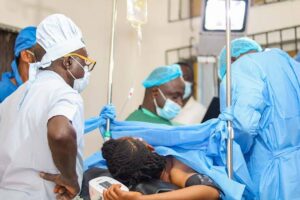
Since the introduction of the HIFU in Nigeria in 2021, more than 380 successful procedures have been carried out and has provided many women with relief without the fear of open surgery, quicker recovery, and renewed hope for motherhood.
Breaking the Barriers
While progress is being made, challenges remain. Tackling fibroids in Nigeria requires a multi-faceted approach:
-
Public Awareness Campaigns – Use television, radio, and social media to dispel myths and encourage early screening.
-
Accessible and Affordable Treatment – Government and private sector partnerships are needed to subsidise costs and make advanced treatments like HIFU more widely available.
-
Healthcare Access in Rural Areas – Many women in rural communities face delayed diagnosis due to poor health infrastructure. Improved funding and training can bridge this gap.
-
Retention of Skilled Specialists – The exodus of doctors from Nigeria limits access to expert care. Incentives and support are needed to retain gynaecologists and fertility experts.
Lessons from Ojuolape
After undergoing surgery, Ojuolape reflects on her journey.
“I wasted years thinking it was spiritual or that surgery would scar me for life. I had to nearly collapse before I sought help. I don’t want other women to endure that.”
Her experience is a reminder that fibroids are not just a medical condition they are a social, cultural, and economic challenge.
Ending the Silence
Fibroids may be benign, but their effects are far from harmless. They distort lives, relationships, and opportunities for motherhood. Breaking the silence means addressing the stigma, debunking myths, and providing women with affordable, safe treatment options.
Every story like Ojuolape’s is a call for action. It is time for Nigeria to invest in awareness, strengthen healthcare systems, and ensure no woman suffers needlessly from a condition so common and treatable. Because silence, in this case, is not golden it is deadly.
Egiganya Jo-Madugu is a student of
Mass Communication NILE University of Nigeria.
